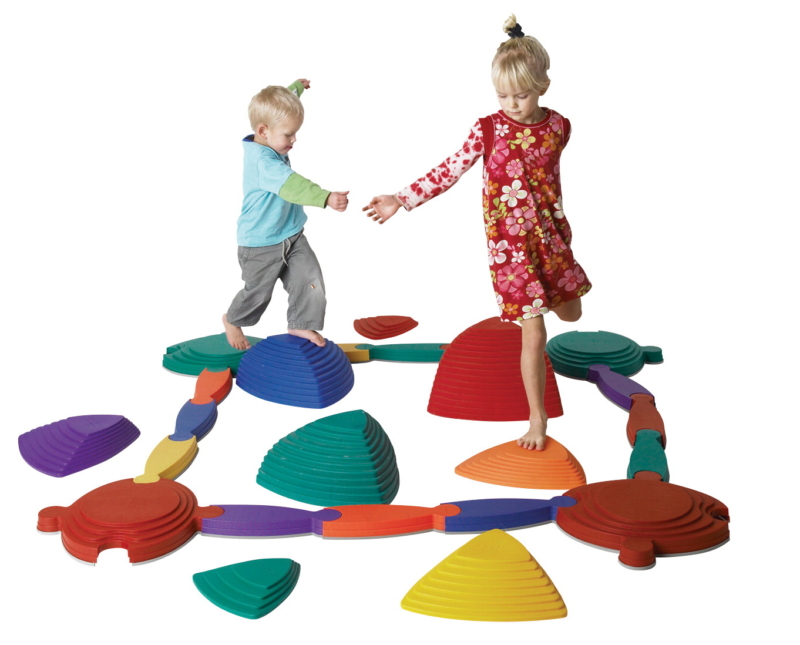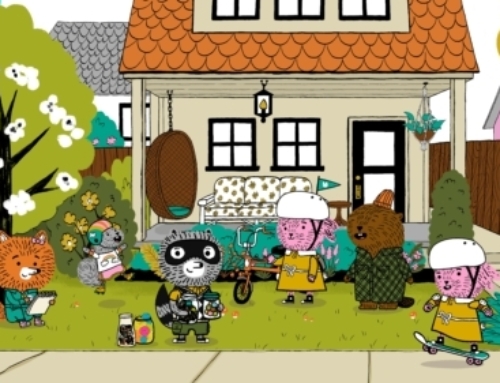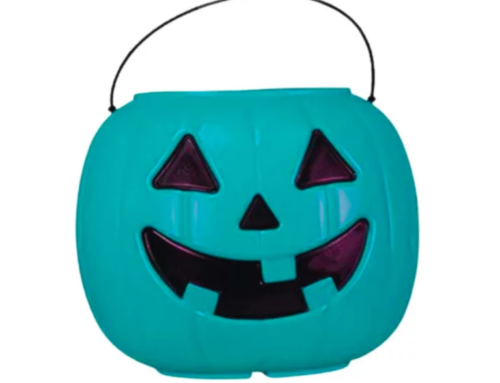Fun and games – those are the elements that childhood should be made of, right (a significant part of it, anyway)? And autism toys are an essential part of making that mix happen. Every child needs toys that encourage play and imagination, freedom of expression, and even teach a thing or two.
 Kids with autism naturally need toys just as much as any other kid, but our autism toys go beyond the fun factor to address both the ways autistic children experience play and how they learn.
Kids with autism naturally need toys just as much as any other kid, but our autism toys go beyond the fun factor to address both the ways autistic children experience play and how they learn.
Helping You and Your Child Connect
Designed and selected specifically for children with Autism Spectrum Disorder (and also appropriate for other special needs kids), our autism toys can help you connect with your child through play and can help motivate them to engage with others and the toy.
It’s true that autistic children often view play as threatening or scary. It frequently requires them to be in social situations and the nature of play introduces so many unknowns – both scenarios can create discomfort for a child with autism. Autism toys that provide structure, or creating a routine with a toy, can help make the play experience more comfortable for your autistic child.
Building Skills and Confidence
Autism toys also provide opportunities for him or her to learn new skills, as well as practice and reinforce existing skills, like problem solving, social interaction and even balance and coordination.
Our selection of autism toys includes many of the usual suspects: activity mats, floor and board games, stuffed animals and animal play sets, bikes and trikes, tunnels and caves.
But our autism toys can bring so much more than just play: In an autistic child’s hands, the right autism toys are powerful tools that help them to not only cope and manage, but also experience daily life in joyful, positive ways.
Use our autism toys to:
Capture and keep your child’s attention.
Our picks:
Help your child learn to problem-solve.
Our picks:
Encourage creative expression.
Our picks:
Demonstrate and reinforce cause-and-effect principles.
Our picks:
Support development of postural control and balance.
Our picks:
Support development of fine and gross motor skills.
Our picks:
Develop and build social skills.
Our picks:
Aid in calming your child.
Our picks:
Provide visual and tactile stimulation.
Our picks:
Promote language development and communication skills.
Our picks:





